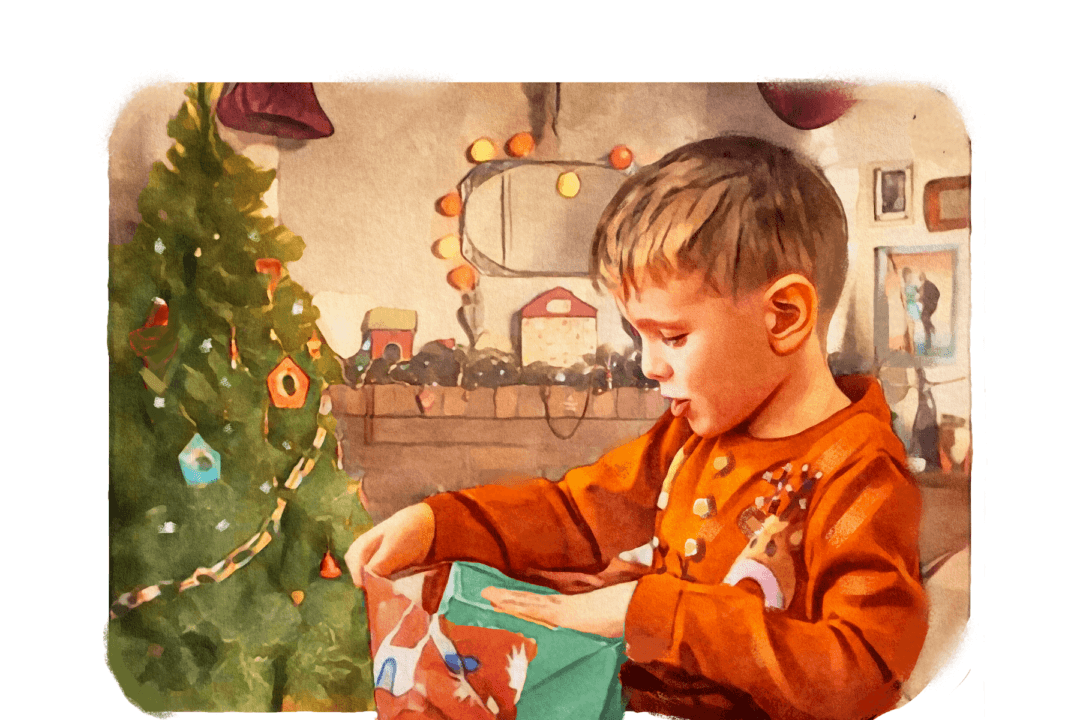When I decided to extend my pediatric practice to include adolescents, I thought I would be able to help all those troubled teens and their families get back on track. I soon learned that by the teen years, a kid’s life habits are pretty much formed; what happens before the teen years is what’s important.
Develop a positive attitude: If you want your child to be happy, optimistic, honest, spiritual, and respectful, you must be happy, optimistic, honest, spiritual, and respectful!





